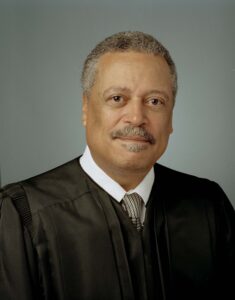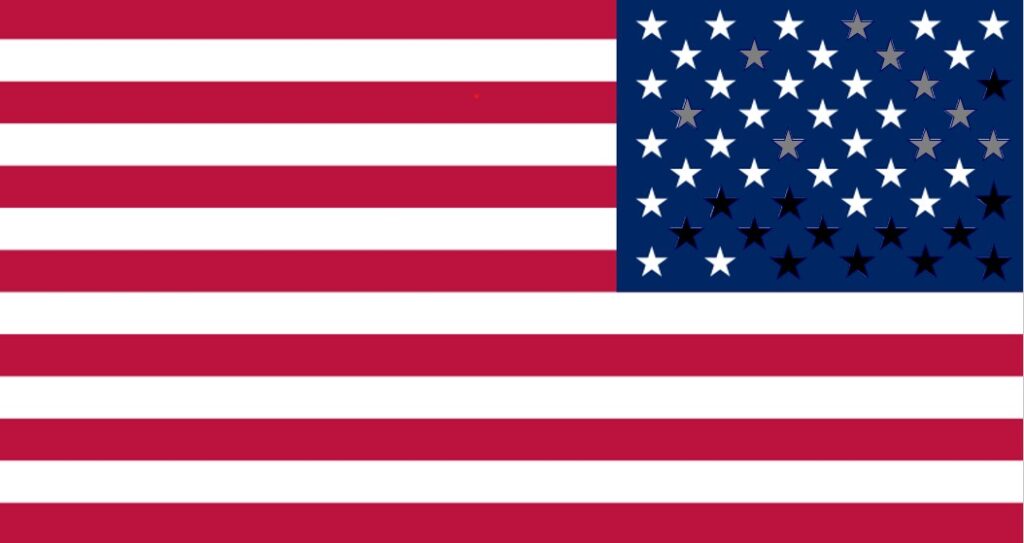While the United states Armed Forces (private mercenaries) are in Afghanistan, Djibouti, Iraq, the Philippines and west Africa defending “all freedom-loving people everywhere in the world,” judge Emmet G. Sullivan, of the Federal court for the District of Columbia refuses to hear We The People v. United states: the Federal government is under no obligation to hear, let alone respond to, petitions for grievances, under Article I of Amendment.
[added 1/21/2024]
Well, this is a very difficult comment to write. If the “supreme Court” won’t enforce the First Amendment, who is responsible to enforce the Second Amendment? One would think that the Bill of Rights is so clearly worded, and that it would be impossible to confound; yet, the court’s decision is made for all to see.
I would remind all readers of American Jurisprudence 2nd Ed. which says in part:
EXCERPTED FROM American Juris Prudence 2nd Ed.
LAW OF THE LAND
The general misconception is that any statute passed by legislators bearing the appearance of law constitutes the law of the land. The Constitution for the United States of America is the supreme law of the land, any statute, to be valid, must be in agreement [with it]. It is impossible for both the Constitution and a statute violating it to be valid; one must prevail. This principle is succinctly stated as follows:
The general rule is that an unconstitutional statute, though having the form and name of law, is in reality no law, but is wholly void, and ineffective for any purpose; since unconstitutionality dates from the time of its enactment, and not merely from the date of the decision so branding it. An unconstitutional law, in legal contemplation, is as inoperative as if it had never been passed. Such a statute leaves the question that it purports to settle just as it would be had the statute not been enacted.
Since an unconstitutional law is void, the general principles follow that it imposes no duties, confers no rights, creates no office, bestows no power or authority on anyone, affords no protection, and justifies no acts performed under it…
A void act cannot be legally consistent with a valid one. An unconstitutional law cannot operate to supersede any existing valid law. Indeed, insofar as a statute runs counter to the fundamental law of the land, it is superseded thereby.
No one is bound to obey an unconstitutional law and no courts are bound to enforce it.
Sixteenth American Jurisprudence, Second Edition, Section 177
Cf. Norton v. Shelby County 118 U.S. 425 (1886) 11 Sept 2004 –– JL
Subsequent Events:
Authority:
“Law of the Jungle”
ccc-2point0.com/preface
References:
We The People v. United States
caselaw.findlaw.com/us-dc-circuit/1331047.html
Landmark Right-to-Petition Case Is Now Before U.S. Court of Appeals
www.givemeliberty.org/RTPLawssit/CourtFilings/USDC-OrderDismiss08-31-05.pdf


